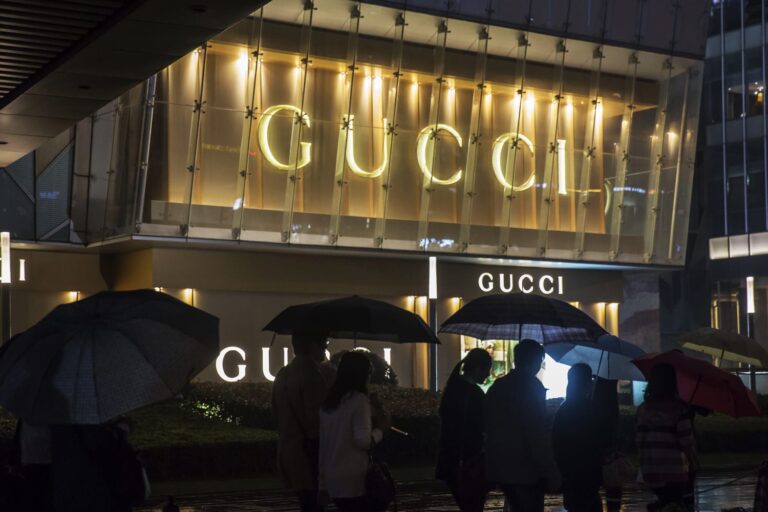HONG KONG — Online influencers known for their lavish lifestyles are disappearing from Chinese social media as the government cracks down on displays of wealth.
One of them, Wang Hongquan, owns seven properties in the Chinese capital, Beijing, and claims to have never left the house wearing clothes worth less than 10 million yuan ($1.38 million). Videos he posted online, which have not been verified, appear to show maids, several Hermes handbags and a luxury sports car he has purchased.
On Tuesday, his account on Douyin, China’s version of TikTok, was inaccessible to his 4.3 million followers, and a search for it revealed an error message saying he had been blocked “for violating Douyin’s community guidelines.”
The Douyin accounts of other online influencers who posted similar content, including Bai Gongzi (Young Rich Man Bai) with 2.9 million followers and Baoyu Jiajie (Abalone Sister) with 2.3 million followers, were also blocked.
China’s national internet regulator, the Cyberspace Administration of China, announced a campaign in April against influencers who “deliberately showcase their moneyed, lavish lifestyles and create a persona of wealth in order to attract followers and traffic.”
This is not the first time Chinese authorities have tried to crack down on China’s heavily censored internet to counter social trends they deem undesirable. In 2022, authorities issued a “code of conduct” for live-streaming anchors, banning them from “displaying or advertising large amounts of luxury goods, jewelry, cash or other assets.”
The latest crackdown comes as China is experiencing an economic slowdown that has hit the middle class particularly hard. Young people in China are also struggling in a tough job market, with some choosing to “lie down” outside of society and others seeing social media content creation as the only viable career.
“When people are unhappy with their lives, they are bombarded with online content that is far removed from reality. When they see people who look happy and wealthy, it puts them in a very distorted state of mind,” Laila Lai, a former beauty influencer with more than 1 million followers on Douyin, told NBC News in an audio message.
Lai, who left Douyin after receiving criticism from other users over his marketing tactics and lifestyle, said he was concerned that “young people these days will watch too much of this stuff, stop concentrating on their studies and become trapped in excessive and greedy materialism.”
“In the long run, this is never going to be good for development, so this cleanup is really necessary,” said Lai, who now lives in Australia.
“But fundamentally, we also need to enable our economies to develop better so that people can achieve greater fulfillment and happiness in their lives, rather than simply seeking psychological comfort through the internet.”

